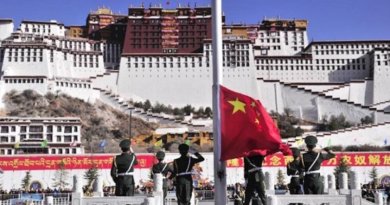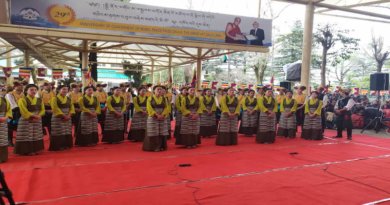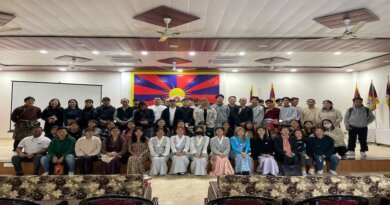Academic Freedom Under Siege at UK Universities by China
By Tenzin Chokyi

DHARAMSALA, 4 Aug: China studies at UK universities are facing an unprecedented crisis as Beijing’s transnational repression campaign transforms British campuses into extensions of China’s surveillance state, a new think tank report by the UK-China Transparency(UKCT) warns.
The report comes days after the new law, “Higher Education (Freedom of Speech) Act 2023”, came into effect on 1 August, placing more responsibility on universities to uphold academic freedom and free speech, with specific recommendations for the closure of Confucius Institutes and the termination of China Scholarship Council scheme arrangements.
It reveals that Chinese students and staff in the UK universities are being pressured to spy on their classmates and lecturers, suppressing discussion on issues that are deemed sensitive to the Chinese government.
The sensitive topics can range from science, technology, to politics and humanities, such as alleged ethnic cleansing in East-Turkestan and occupied Tibet, the Taiwan issue, Hong Kong and so on.
According to the report, this is part of China’s broader diplomatic and strategic agenda to discourage Chinese nationals from engaging in anti-CCP activities abroad, which is seen as a way to protect the CCP’s international image and prevent the rise of exiled dissident movements.
UKCT’s survey of China studies academics reveals that universities have struggled to respond effectively, largely due to their economic dependence on tuition fees from Chinese students. Over 160,000 individuals are broadly understood to be most at risk of being intimidated or coercively instrumentalised by the CCP.
The report uncovers a troubling level of university complicity, with Chinese officials operating unsupervised on campus and pressuring lecturers to avoid teaching that might offend nationalist Chinese students.
Visa denials are reportedly being used to restrict access for scholars researching sensitive topics. This tactic has led to a crisis of credibility, compelling many researchers to self-censor just to retain access to China.
The report states that “by blocking access to China to scholars viewed as hostile, the CCP seeks to undermine their credentials, disincentivise criticism by others, and thereby shape the discourse about China and its regime”.
It has urged the UK government to foster a healthy and diverse China studies system to ensure academic freedom and the safety of staff and students, and for the wider public interest.






